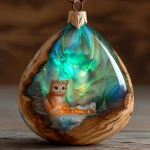Explore the Best AI Image Gallery
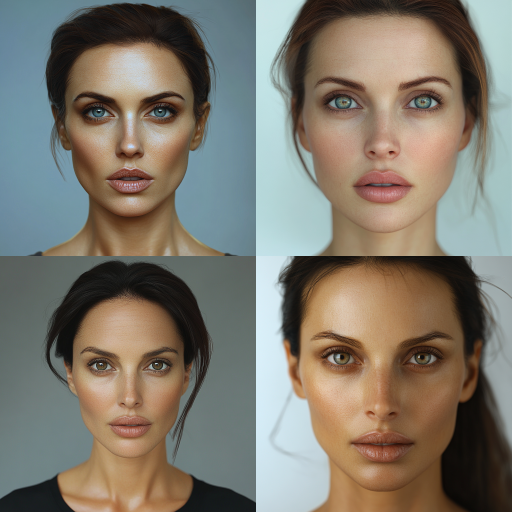
Synthetic Symphony: Unleashing Creativity with AI-driven Imagery
Artificial Intelligence (AI) has been rapidly infiltrating every sphere of our lives, and it hasn't spared the creative world either. While debates surrounding AI's place in creativity continue to swirl, one cannot simply dismiss the immense potentials it brings, especially in the realm of image creation.
The Impact on the Creative Industry
AI-driven image generation has revolutionized traditional processes of creating graphics for marketing campaigns. By automating routine tasks, it has enabled designers to focus on the strategic and conceptual aspects of their work. More significantly, AI tools have not just replicated human-created art, but have also fabricated unique standalone pieces, revealing the potential of machine 'creativity'.
Potential Uses of AI Images
From creating brand logos and promotional content to customizing designs based on user preferences, the potential uses of AI images in marketing are vast and growing. AI can analyze vast troves of visual data to decipher design trends, allowing brands to stay ahead of the curve in creating compelling visuals.
Ethical Considerations
As AI becomes capable of generating intricate, original images, new ethical questions arise. What about the originality and authenticity of works created by AI? Where does the line blur between human creativity and machine-generated art? Addressing these ethical challenges is pivotal to ensuring a fair and inclusive future for AI in creativity.
Future Trends
As technology matures, we can expect AI to become an integral part of the creative process, catalyzing a new era of 'augmented creativity'. Advances in AI could lead to more personalized and adaptive content, pushing the boundaries of visual storytelling.
Yet, the rise of AI imagery also invites a crucial dialogue on the value of human creativity in the AI-dominated landscape. While AI could lead to abundant creative possibilities, the distinctive human flair for creativity - with all its emotions, unpredictability, and subjective experiences - remains irreplaceable.
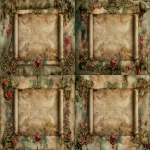
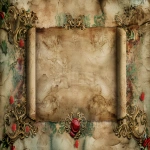
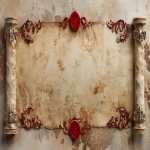
](https://images.ai-img.art/thumbnails/150/7599c9e7507c77a975081d554947c9dea123e678a7ece42d30f571f639620598.webp)
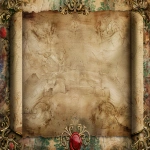

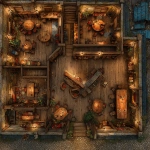
](https://images.ai-img.art/thumbnails/150/031692dcf8fbf869092e8cea50f9411a45dadc1f189ea67b8dece8e02952a7e3.webp)

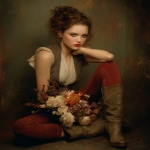
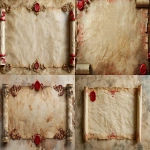
](https://images.ai-img.art/thumbnails/150/efd8a9ad06ef2c72e3378698ad5e592d3d2bf8eff85c25e75db7c9902c7be353.webp)
